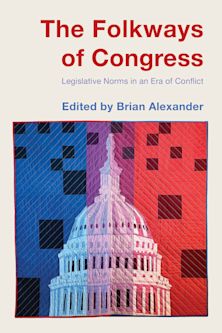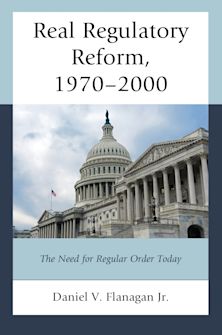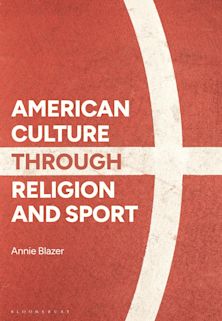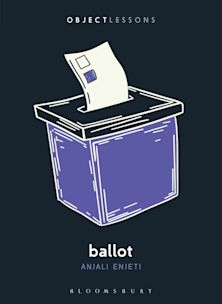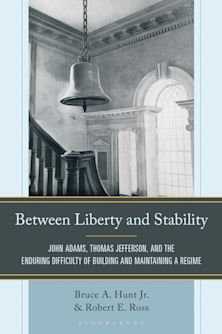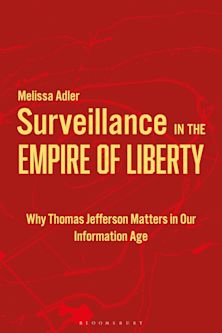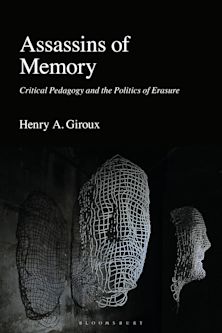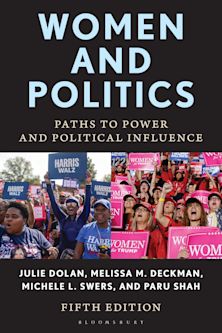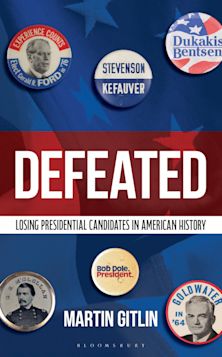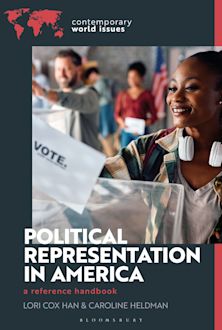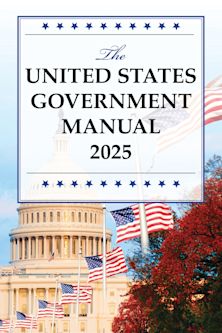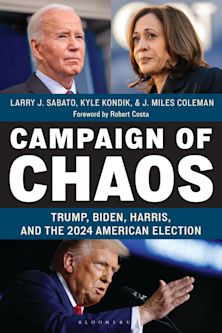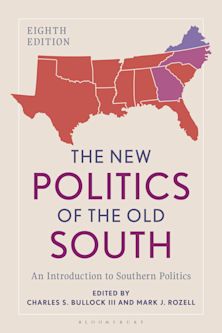Freedom and the Rule of Law
For information on how we process your data, read our Privacy Policy
Description
Freedom and the Rule of Law takes a critical look at the historical beginnings of law in the United States, and how that history has influenced current trends regarding law and freedom. Anthony Peacock has compiled articles that examine the relationship between freedom and the rule of law in America. Although this is a theme that has been a perennial one since America's founding, it is also one of particular importance today, and this book explains how history makes this apparent. The rule of law is fundamental to all liberal constitutional regimes whose political orders recognize the equal natural rights of all, and whose purpose is to protect those natural rights in addition to the general welfare. The rule of law was essential to achieving both of these ends and to reconciling them where necessary. But just how free is America today? It was certainly within the contemplation of the Founders that the federal judiciary would have a significant role in interpreting the Constitution, federal laws, and treaties, but it would be difficult to argue that those who framed and ratified the Constitution contemplated a role for the courts, particularly for the United States Supreme Court, of the magnitude they have today.
The writers take the reader far back into history to the very roots of American Law by examining the English common law roots that provided the foundation for the rule of law in America. This book explores these phenomena and other recent developments in American freedom through history.
Table of Contents
Part 2 Part I: The Origins of the Rule of Law, Administration,and the Anticipated Growth of the American State
Chapter 3 2. Freedom and the Rule of Law: The Ingenious English Legacy
Chapter 4 3. Regulation, Administration, and the Rule of Law in the Early Republic
Chapter 5 4. Constitutional Cassandra: The Prophetic Fears of Brutus,the Anti-Federalist
Part 6 Part II: Constitutional Interpretation and the Rule of Law
Chapter 7 5. Antonin Scalia and the Rule of Law: The Textualist Foundationof the "Law of Rules"
Chapter 8 6. Original-Meaning Jurisprudence, Judicial Restraint, and Democratic Freedom
Chapter 9 7. Is it Unnatural to Shun Foreign Precedents?
Chapter 10 8. Progressivism and the Decline of the Rule of Law
Part 11 Part III: War, National Security, and the Rule of Law
Chapter 12 9. National Security Law: The Judicial Role
Chapter 13 10. When the Rule of Law Can Undermine the Rule of Law: Hamdi and The Federalist on War and Necessity
Part 14 Part IV: Voting Rights, Representation, and the Rule of Law
Chapter 15 11. A Decline in Adherence to Traditional Districting StandardsUndermines Fair Representation in the United States
Product details
| Published | 30 Dec 2009 |
|---|---|
| Format | Ebook (PDF) |
| Edition | 1st |
| Extent | 302 |
| ISBN | 9798216322467 |
| Imprint | Lexington Books |
| Publisher | Bloomsbury Publishing |












